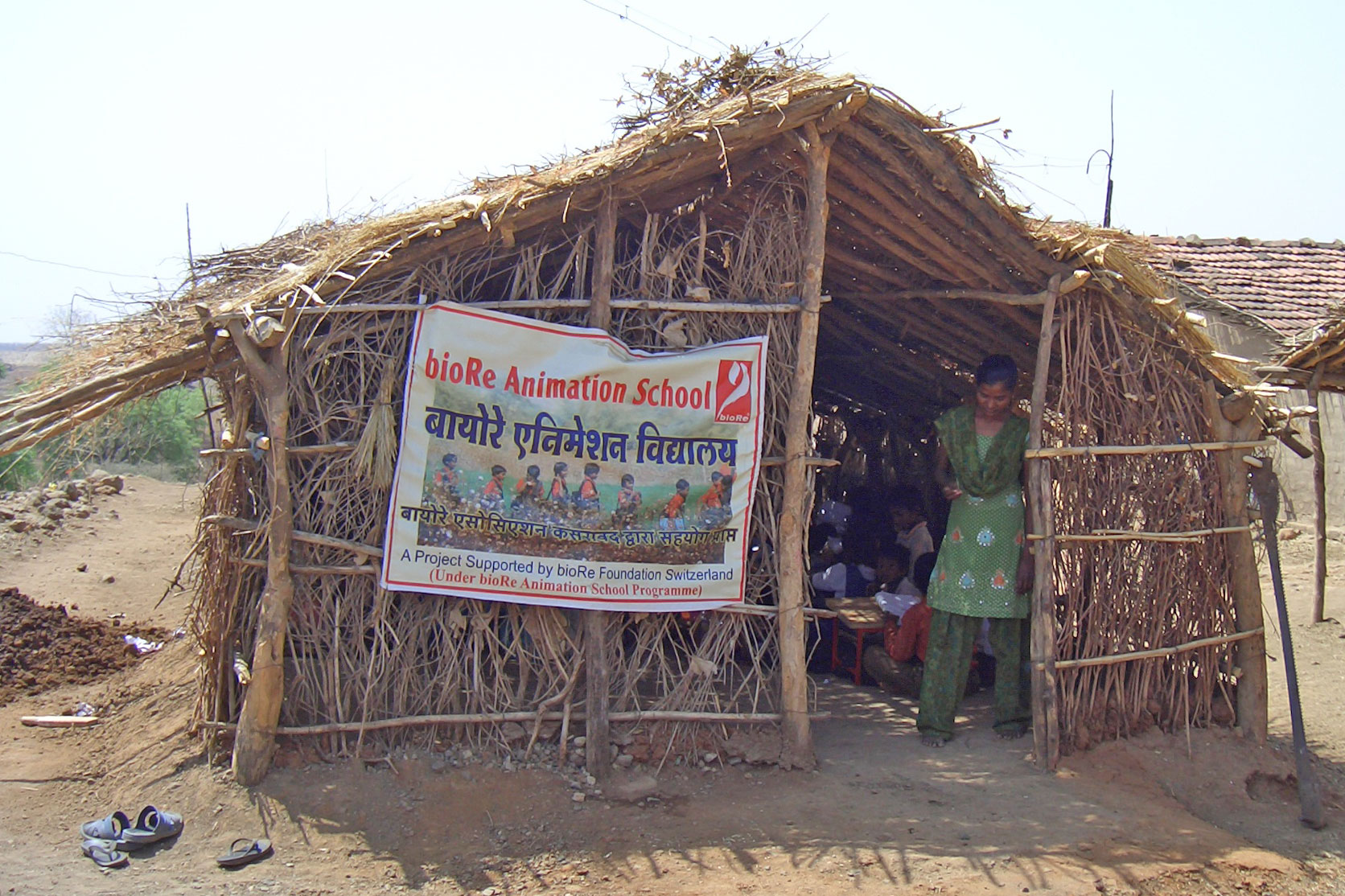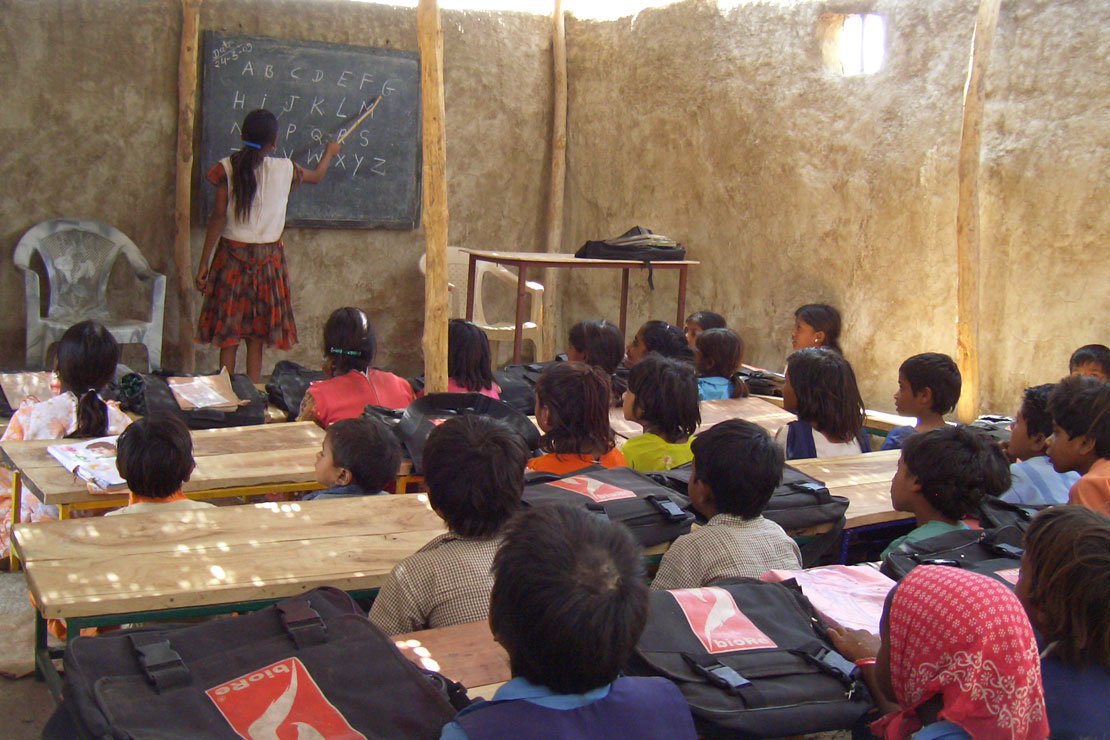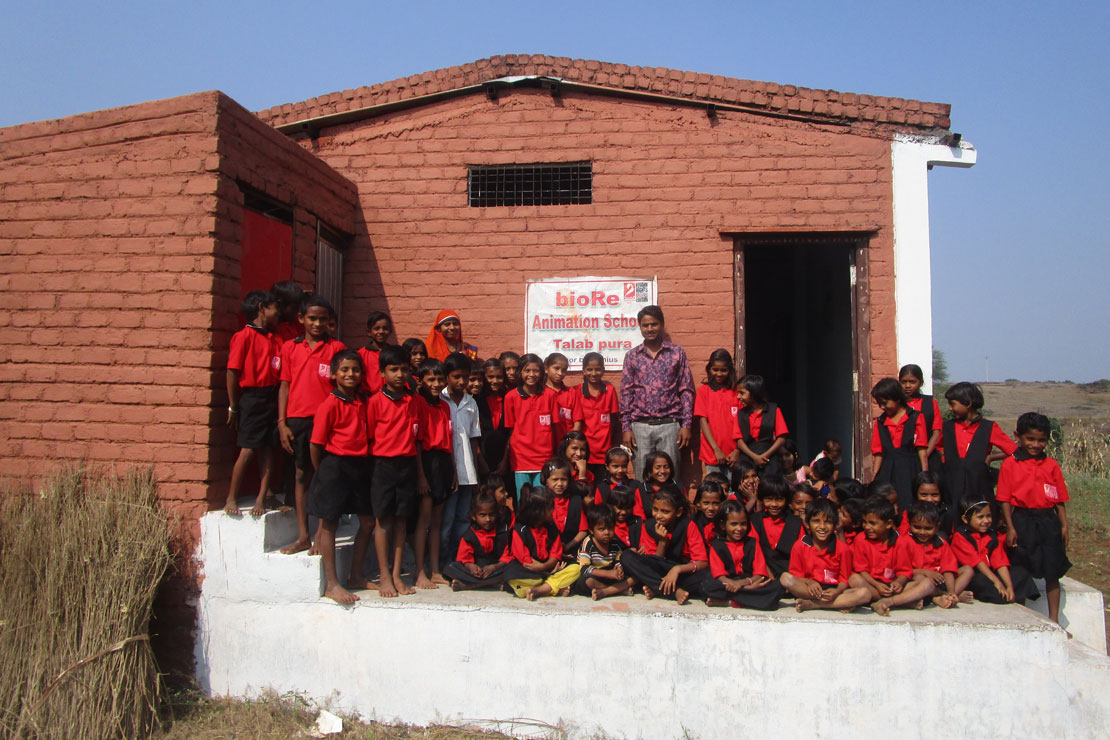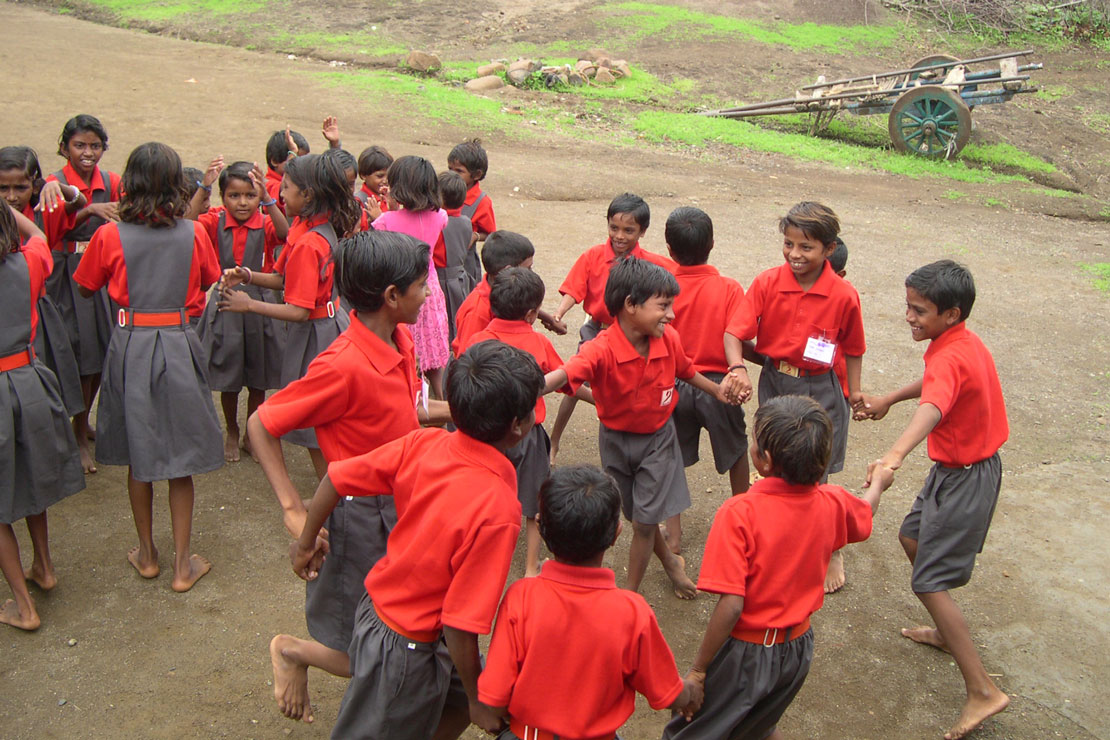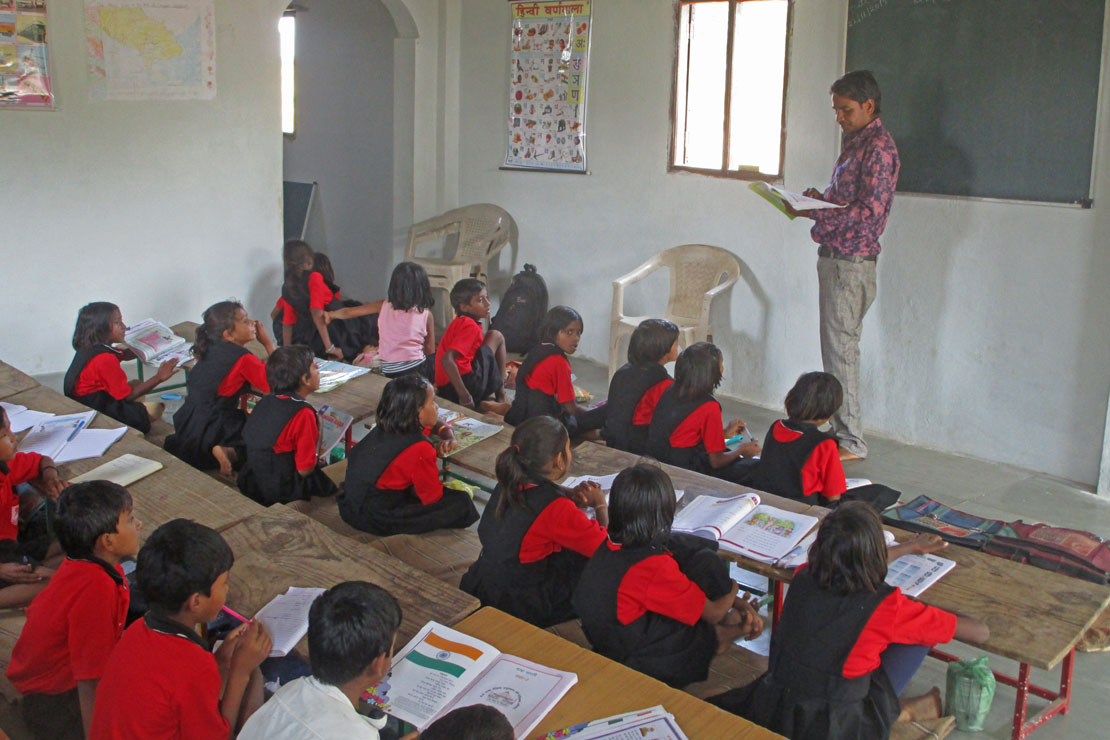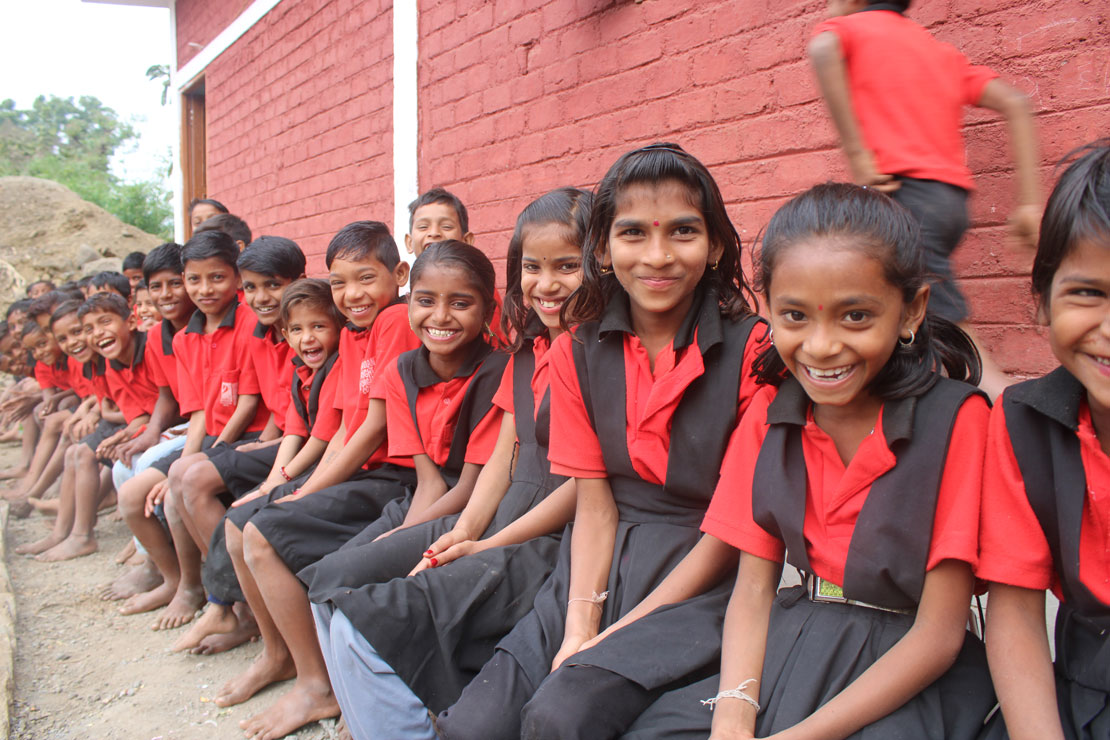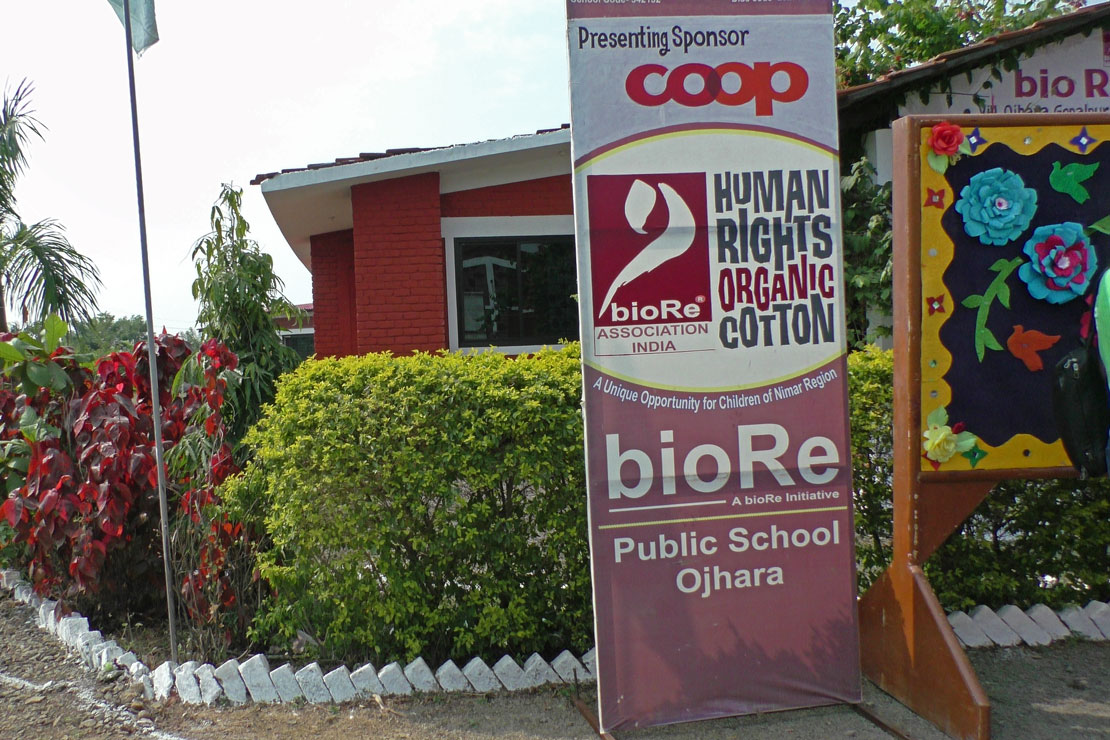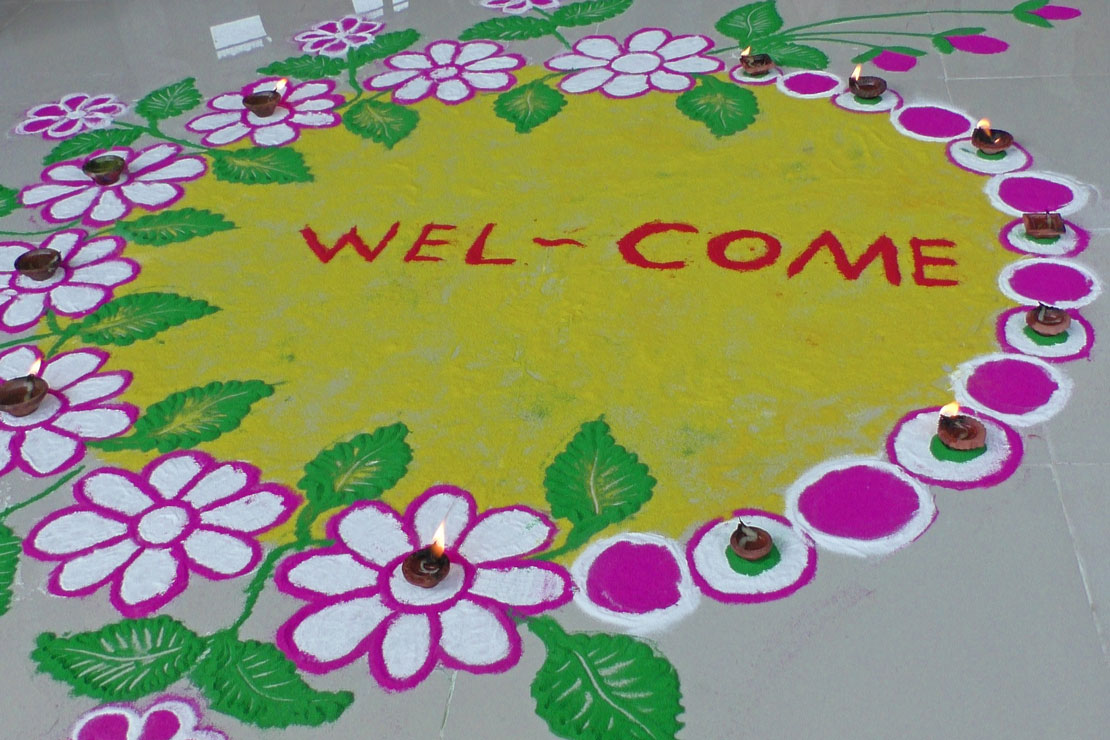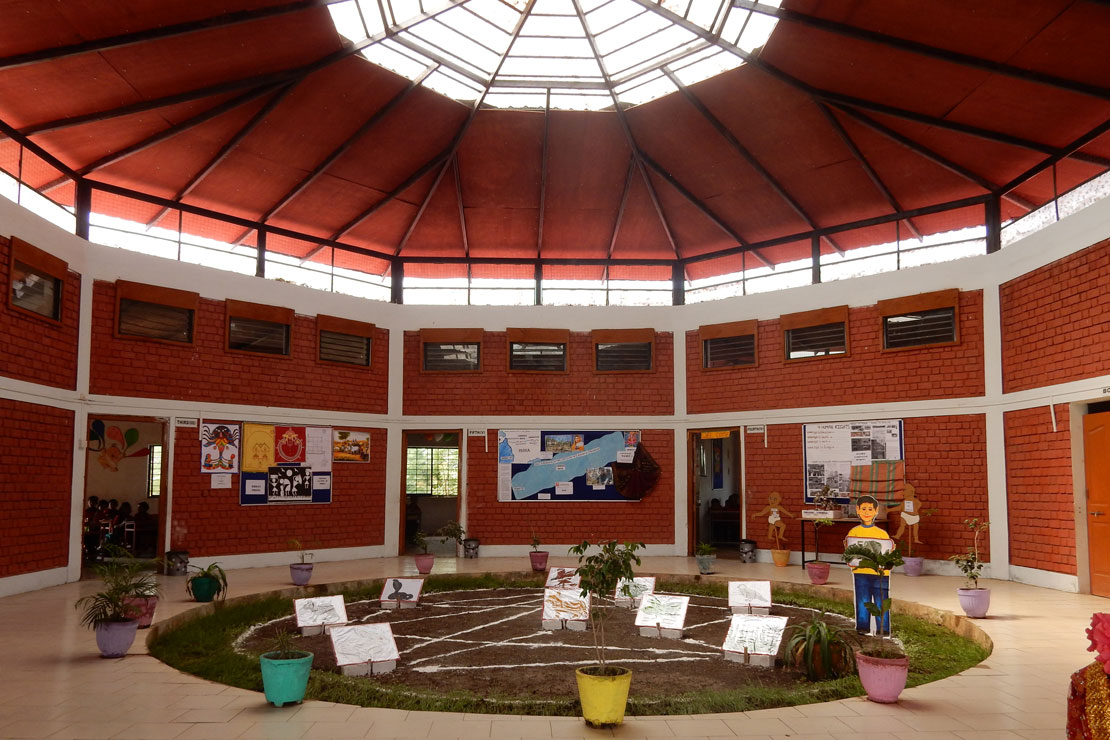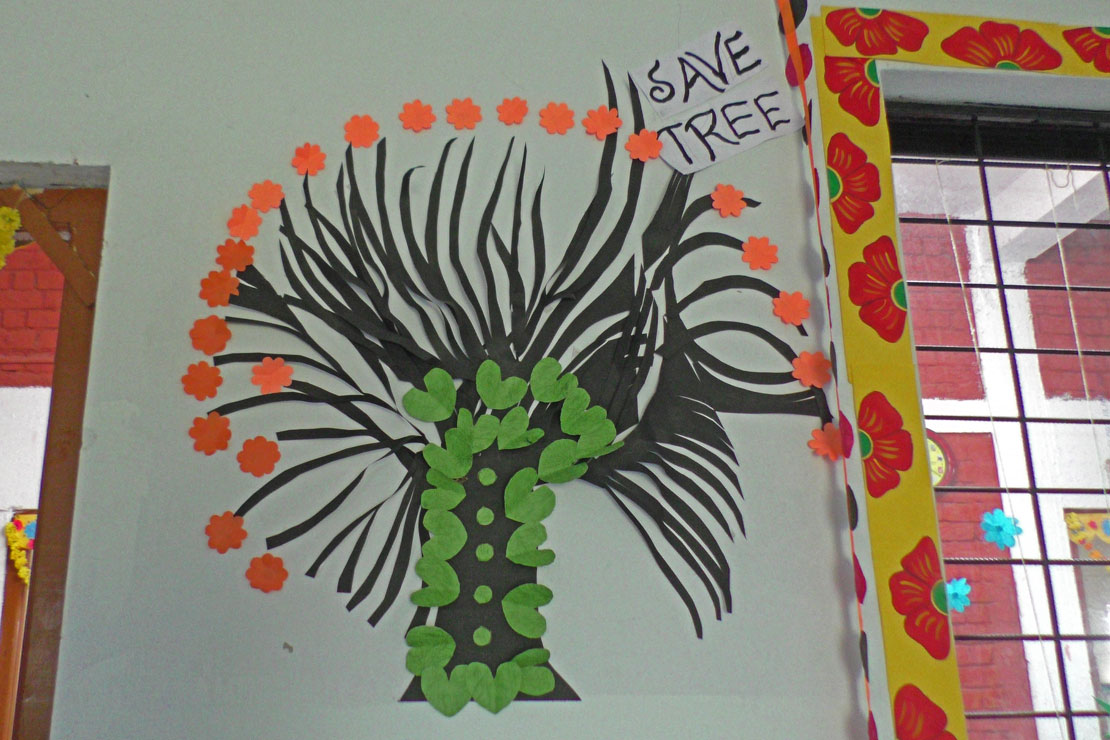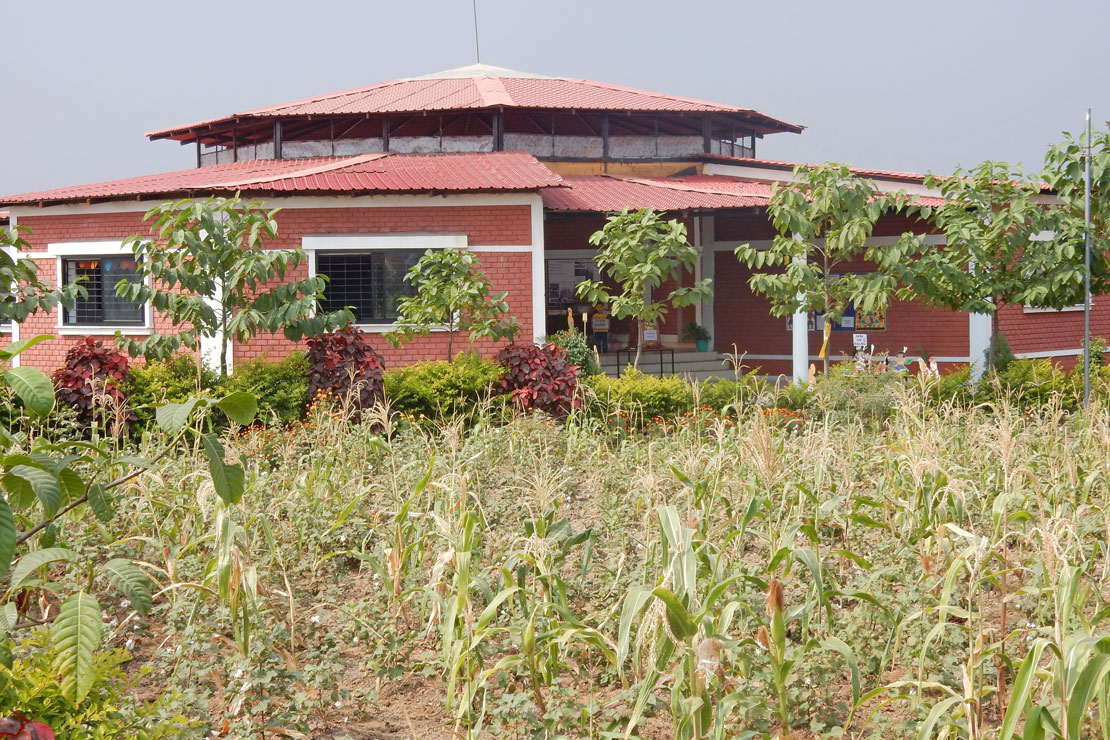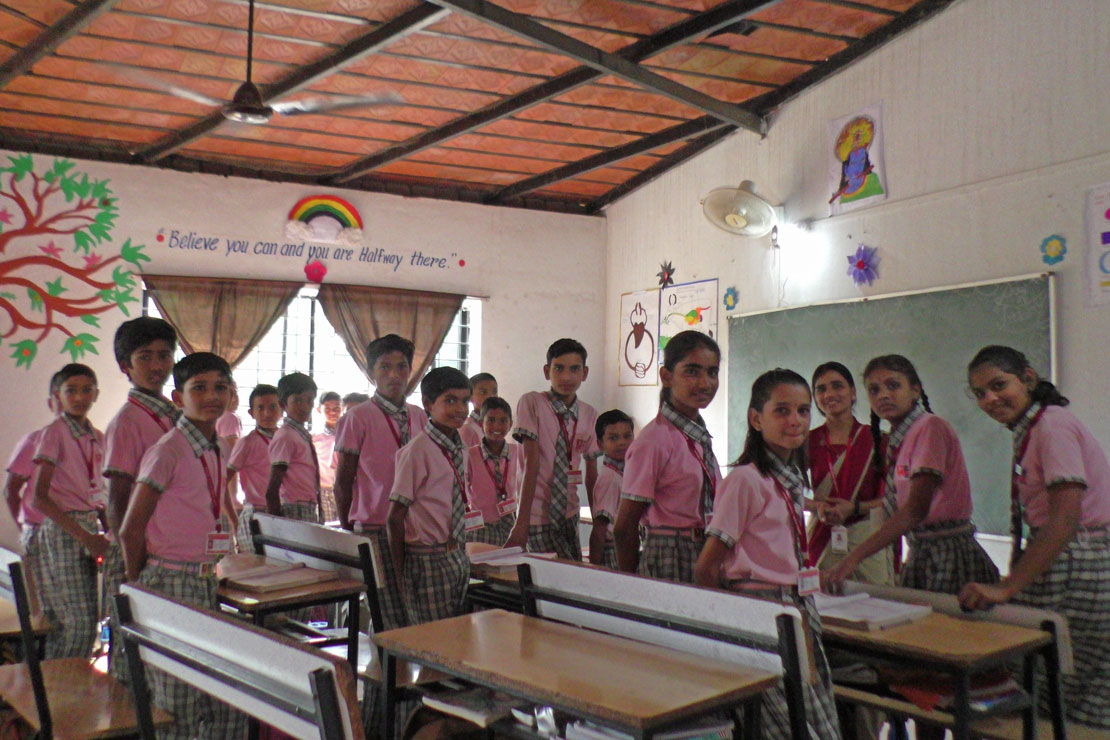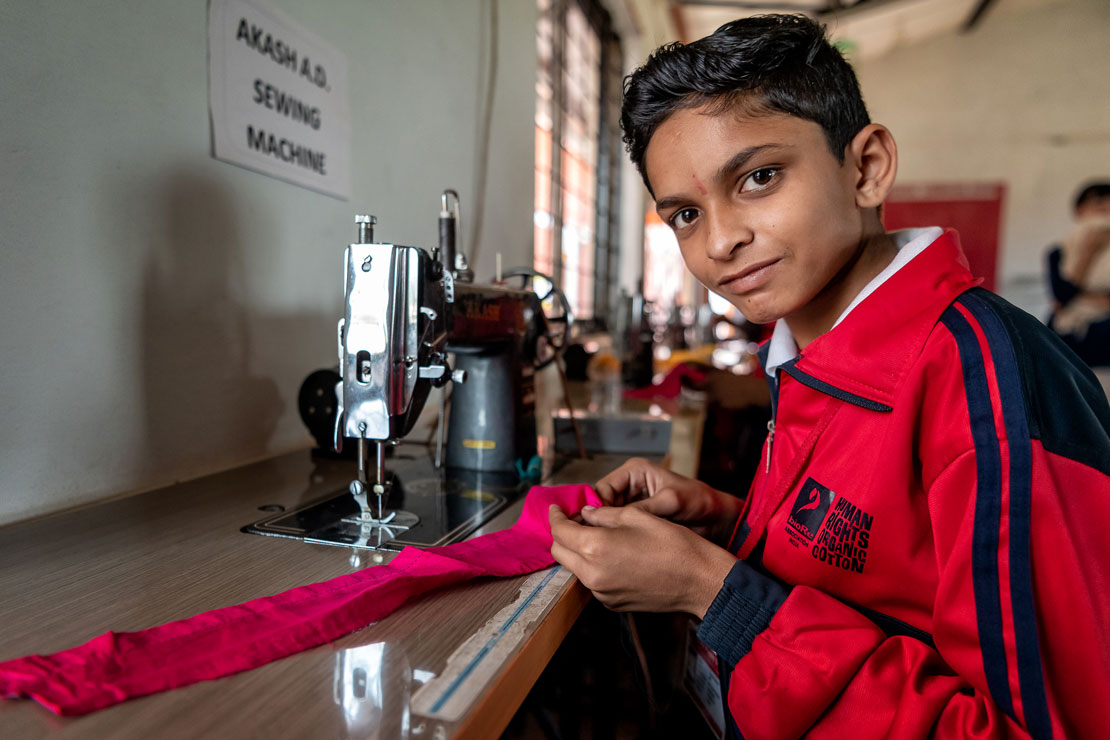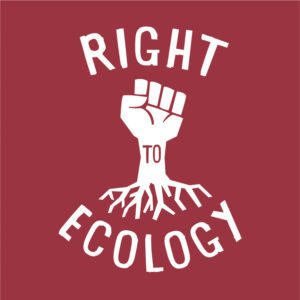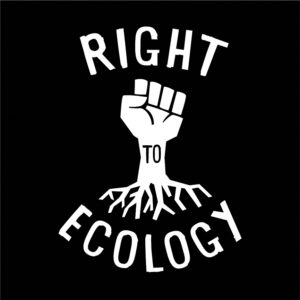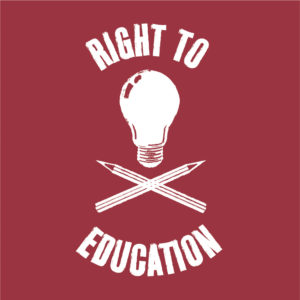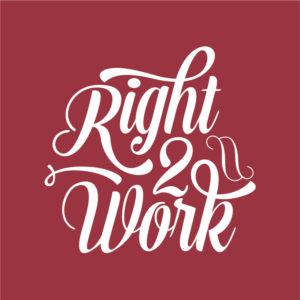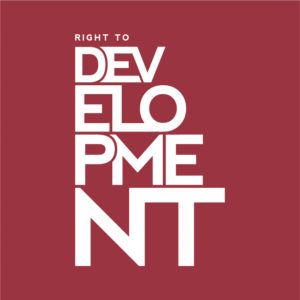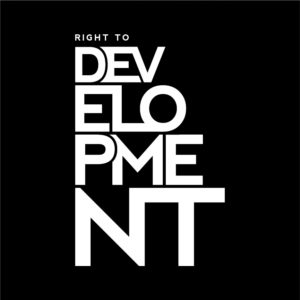bioRe® animation schools
Background: In India’s rural areas, many children have no access to school education. Child labour continues to be a major risk for children in disadvantaged communities deprived of education. Education is the key to raising work prospects and overcoming poverty.
Project objective: The bioRe® Foundation is committed to promoting elementary education for disadvantaged children in farming communities in India. Our village schools support children from kindergarten age through to fifth grade in getting their right to education. These schools, referred to as animation schools, also raise awareness of child development and the significance of education among the children’s parents.
Start: 18 animation schools have been established in India since 2006, giving over 1,000 children access to solid school education including recognised school certificates.
The school project during the Corona crisis: “School at your home”
Project cost:
100.- CHF per annum
Schooling cost per child
9’100.- CHF per annum
School operating costs
School campus and secondary education
Background: Smooth transition to secondary education of children holding an elementary-school certificate requires support and coaching. Often such transition is not guaranteed, in particular for girls.
Project objective: We specifically promote access of animation-school children to secondary education. To this end, we have built up the bioRe® school campus.
Start: The bioRe® school campus was built up to open for tuition in July 2014.
Currently a total of 600 children are taking lessons.
Vocational training
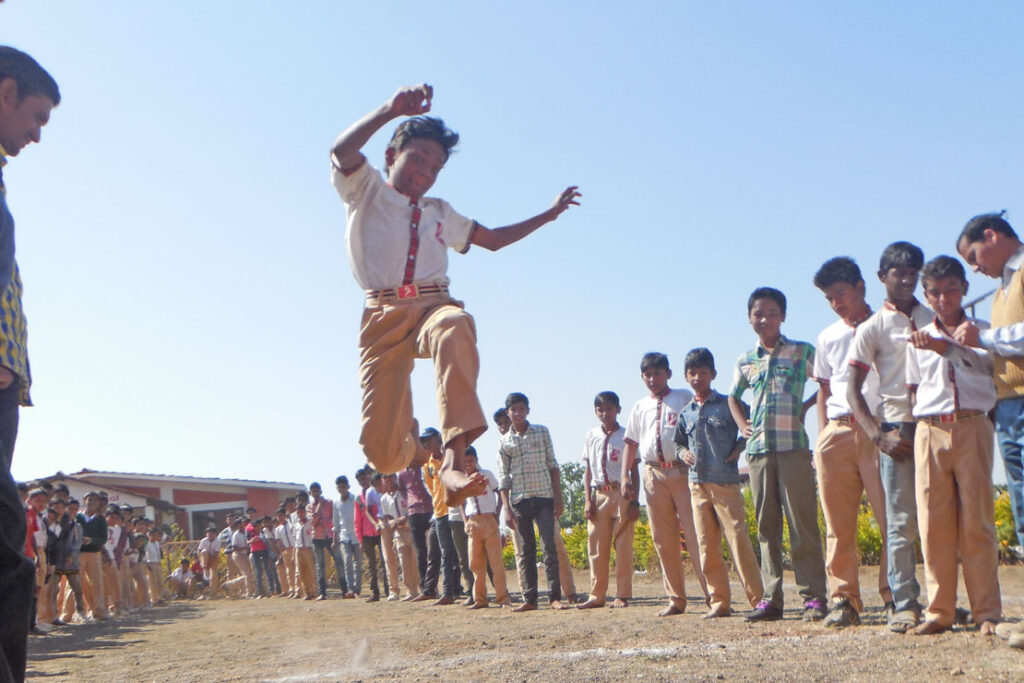
Background: Secondary education in itself is no guarantee of a livelihood. Vocational training often is the decisive door-opener to the labour market and to income and development opportunities.
Project objective: The bioRe® school campus features a vocational-training centre where youth from the surrounding farming communities get a chance to learn locally relevant skills. The vocational-training courses are recognised by the government and promote transition to working life. Courses are available in the fields of IT, mechanical engineering, fashion design, electrical engineering and organic farming.
Start: Vocational training has been provided since July 2014.

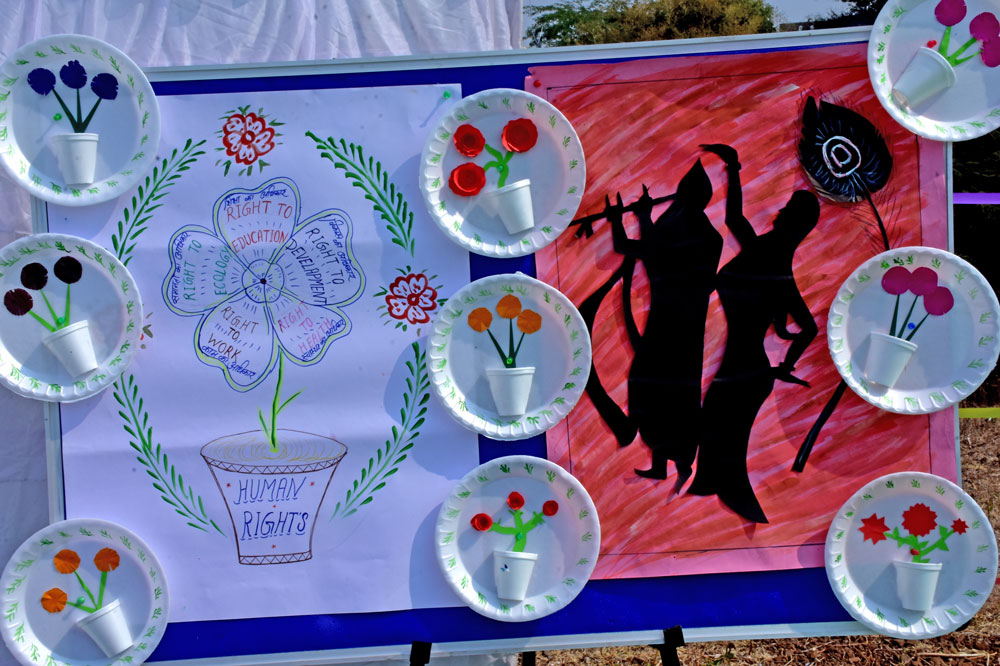
Human-rights education

Background: Human rights are internationally and universally applicable rights for the protection of human dignity. They commit states and other players to respecting, protecting and enforcing these fundamental rights. Very often, individuals lack knowledge with regard to human rights and their significance to them.
Project objective: We promote human-rights education and convey knowledge on fundamental rights and duties. Human-rights education paves the way to true participation in social life.
Start: new “Train the Trainers” programme launched in 2020

